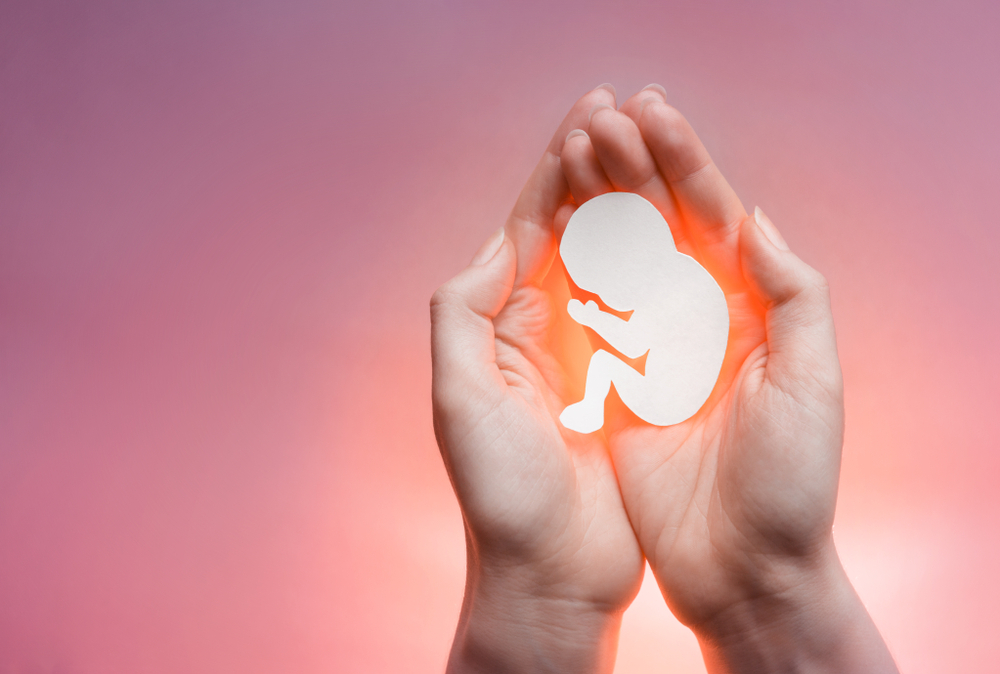If you’re thinking about having an abortion, you may want to know what to expect after the procedure. If you had a medical abortion, you can expect some bleeding and pain. There’s also the possibility of infection, although this is very rare. Your healthcare provider will tell you what to expect, and you should carry plenty of absorbent sanitary pads. If you plan to have an abortion at home, you should also make sure you have access to emergency care.
Symptoms of pregnancy after an abortion
If you’ve had an abortion, you may be wondering if you can still get pregnant. This can happen as long as six weeks after the procedure. Your doctor can tell you what to expect and what you can do if you find that you’re having trouble conceiving. After an abortion, women often experience mixed emotions, including sadness and relief.
Some of the more common symptoms after abortion are cramping, bleeding, and nausea. You may experience some of these symptoms for a few days, depending on how painful your procedure was. The amount of bleeding will vary from no to moderate, and it may stop and start several times. You can use a heating pad to ease the discomfort, drink plenty of water, or take ibuprofen if needed. Breast tenderness is another common symptom, and it may last for a few weeks.
Women who have had an abortion should follow up with their health care provider to check their uterus and to avoid any signs of infection. Your provider may also suggest a home pregnancy test to check if the medical procedure was successful. If a home pregnancy test is positive, you should see a doctor right away. If you are pregnant, your doctor will be able to perform a blood test to confirm your results.
Symptoms of post-abortion pain
The pain that a woman feels after an abortion may be mild or severe, and can last from one to two weeks. She should rest after the procedure and avoid strenuous exercise and movements that can cause pain.
Most women experience post-abortion cramping, though some may not experience it at all. The pain is often more intense than menstrual cramps and is indicative of the uterus returning to its prepregnancy size. For some, the pain may be due to retained placental tissue or blood clots. In severe cases, a woman may need antibiotics or an aspiration abortion to remove the affected area.
During the first few days after an abortion, a woman may experience some vaginal bleeding, cramping, and pain in the breasts. These are normal side effects of the procedure, and the pain should go away as the body recovers. Women should wear loose-fitting underwear and use ice packs on the affected areas.
Symptoms of infection after an abortion
Infections following an abortion can lead to dangerous consequences. Although most infections are minor and treatable, the severity of some infections may require a trip to a doctor. It is important to contact a doctor as soon as you notice any infection symptoms, especially if you experience prolonged bleeding or vomiting. You should also avoid alcohol and smoking, as these substances reduce recovery time and increase your risk of infection. Also, limit your intake of greasy and caffeine-filled foods.
If septic infection is suspected, you should seek immediate medical care. Your doctor can prescribe antibiotics to reduce the risk of septic shock. Treatment will focus on protecting vital organs and eliminating the source of infection. Your doctor may order an ultrasound to check if there is any retained material. The results of the ultrasound will help to determine whether you’re suffering from sepsis, which can cause organ failure. The doctor may also recommend surgery to remove the source of infection. In severe cases, a hysterectomy may be recommended.
Recovery time after an abortion
After an abortion, women are typically able to resume most of their normal activities in a few days. However, they should avoid heavy lifting or strenuous activity for two to three weeks after the procedure. The recovery time depends on the type of abortion and whether the pregnancy was late or not. Most women feel fine after the procedure, though they may have some cramping, spotting, and bleeding for a few days after the procedure. It is also important to avoid driving for at least 48 hours after an abortion to reduce the risk of infection.
If you notice any unusual symptoms, you should contact your physician immediately. Your doctor will explain the possible complications that may occur and how to treat them. Among these complications are heavy bleeding, fever, or vomiting after the procedure. These complications can be treated quickly and efficiently. While the recovery time for an abortion may vary depending on the type of procedure performed, it is important to understand the emotional side of the procedure and how it will affect you.

